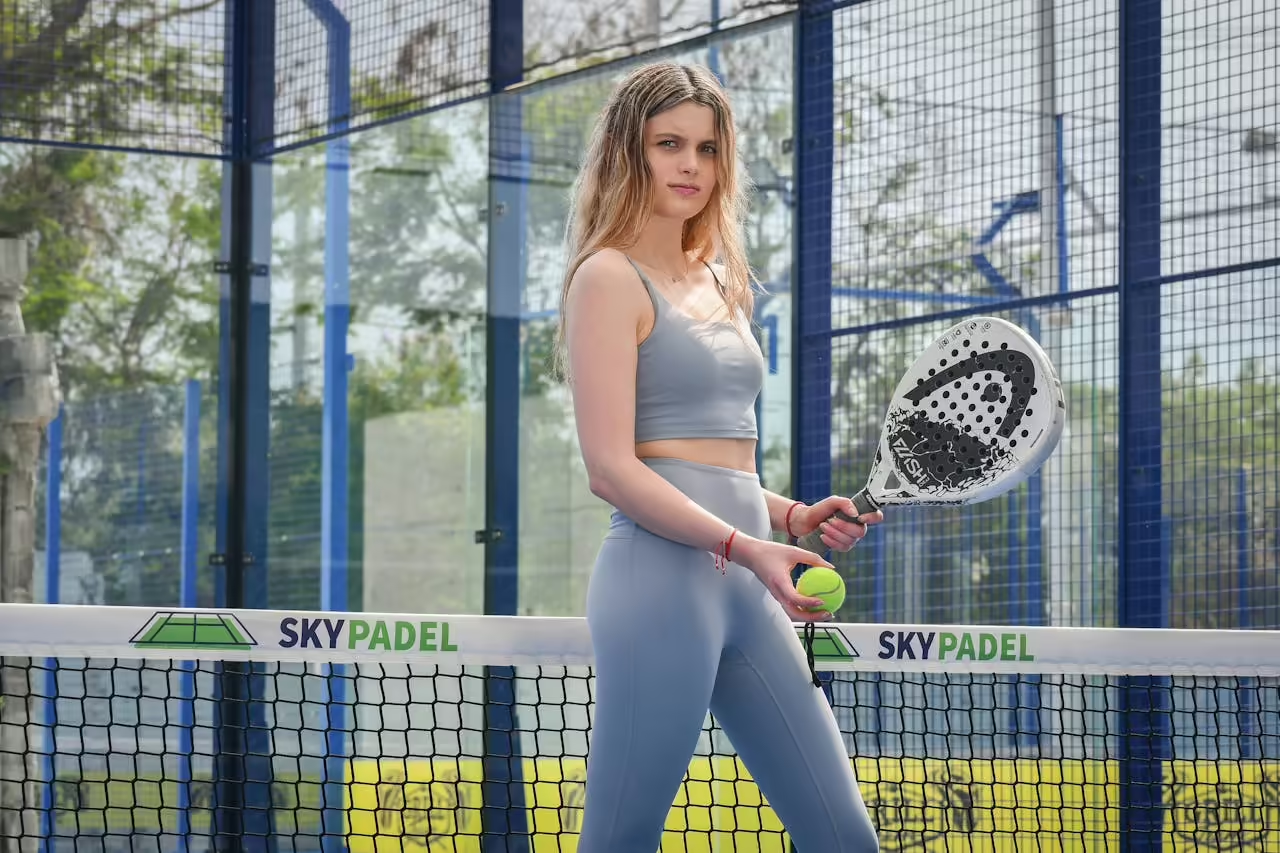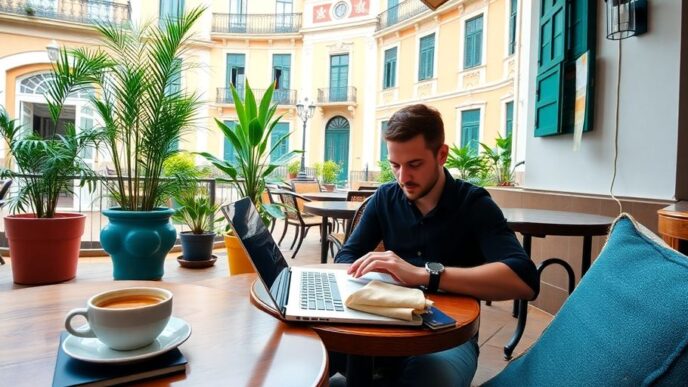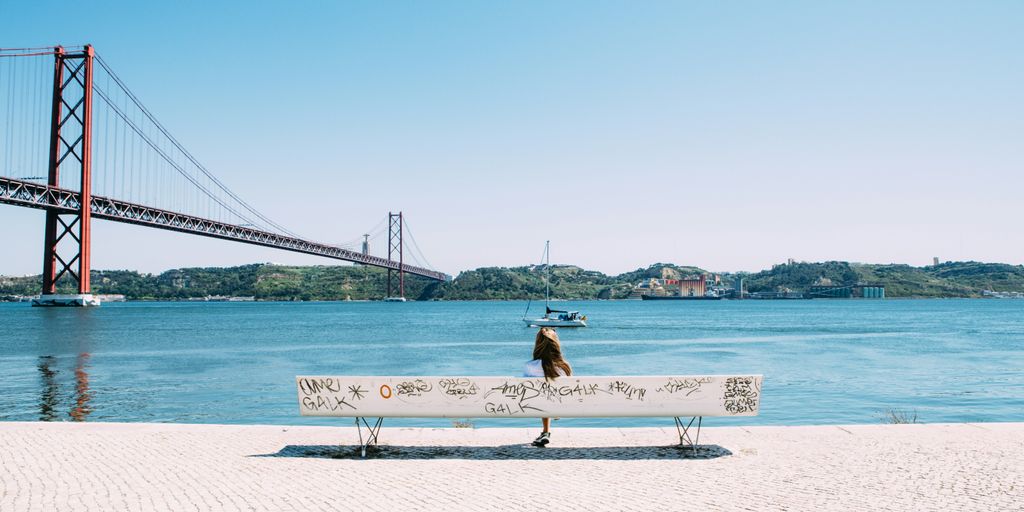The Rise of Padel Clubs in Portugal
History and Popularity
Padel has become increasingly popular in Portugal over the last few years. Originally created in Mexico in the 1960s, it has now spread to many countries, including Portugal. The sport is known for its social nature, as it is always played in doubles. This makes it a great way to meet new friends and enjoy time with others. Here are some key points about its rise:
- Social Sport: Padel is played in pairs, making it easy to socialize.
- Easy to Learn: Many find it simpler than tennis, allowing newcomers to jump right in.
- Growing Interest: With more clubs opening, more people are discovering the joy of playing.
Key Locations to Play
In Portugal, several cities have become hotspots for padel enthusiasts. Here are some notable locations:
- Lisbon: The capital has numerous clubs offering excellent facilities.
- Porto: Known for its vibrant sports community, Porto has many courts available.
- Algarve: This region is not only beautiful but also features several top-notch padel clubs.
Community and Social Aspects
The community around padel is one of its biggest draws. Players often form friendships through the sport. Here are some social benefits:
- Tournaments: Many clubs host friendly competitions, allowing players to meet and compete.
- Clubs and Events: Regular events help foster a sense of belonging among players.
- Inclusivity: Padel attracts people from various backgrounds, making it a diverse sport.

Overall, the rise of padel clubs in Portugal reflects a growing interest in this fun and engaging sport, making it a great time to start playing!
Getting Started with Padel
Essential Equipment
To start playing padel, you need the right gear. Here’s what you should get:
- Padel Racquet: Unlike tennis racquets, padel racquets are solid and smaller. Choose a lightweight one for better control.
- Padel Balls: These are similar to tennis balls but less pressurized, making them easier to handle.
- Court Shoes: Look for shoes that provide good support and have non-marking soles suitable for the court.
Basic Rules and Gameplay
Understanding the rules is crucial for enjoying the game. Here are some key points:
- Serving: You have two chances to serve. The ball must bounce before you hit it and land in the diagonal service box.
- Scoring: Points are scored when the opposing team fails to return the ball. The scoring system is similar to tennis.
- Using the Walls: You can bounce the ball off the walls to keep it in play, adding a fun twist to the game.
Finding a Local Club
Joining a club is a great way to start playing padel. Here’s how to find one:
- Search Online: Look for padel clubs in your area through a simple internet search.
- Ask Friends: If you know anyone who plays, ask them for recommendations.
- Visit Local Sports Centers: Many sports centers have padel courts and can guide you on how to join.
Health Benefits of Playing Padel
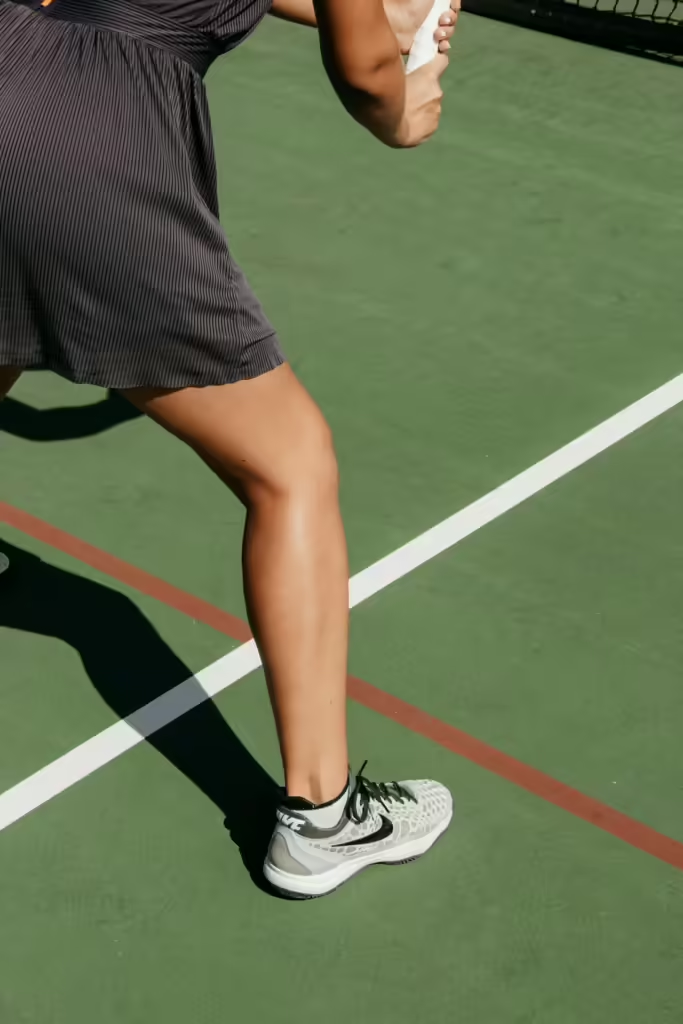
Physical Fitness
Playing padel is not just fun; it’s also a great way to stay fit. Here are some key benefits:
- Burns calories: You can burn between 700-1000 calories in just one hour of play.
- Muscle toning: Regular games help tone your legs, glutes, arms, and core.
- Cardiovascular health: Padel improves your heart rate and endurance, making it a solid cardio workout.
Mental Well-being
Padel is also beneficial for your mind. Here’s how:
- Focus and concentration: The game requires you to concentrate, which helps take your mind off daily worries.
- Stress relief: Playing with friends and enjoying the game can significantly reduce stress levels.
- Social interaction: Engaging with others in a fun environment promotes a sense of community and belonging.
Stress Relief
Finally, playing padel is a fantastic way to unwind. Consider these points:
- Fun atmosphere: The lighthearted nature of the game makes it enjoyable and less intimidating.
- Engagement: You’ll be so focused on the game that you won’t have time to think about stressors.
- Community support: Being part of a padel club allows you to meet like-minded individuals, enhancing your social life.
In summary, playing padel offers numerous health benefits, from physical fitness to mental well-being, making it a sport you’ll love!
Mastering Padel Techniques
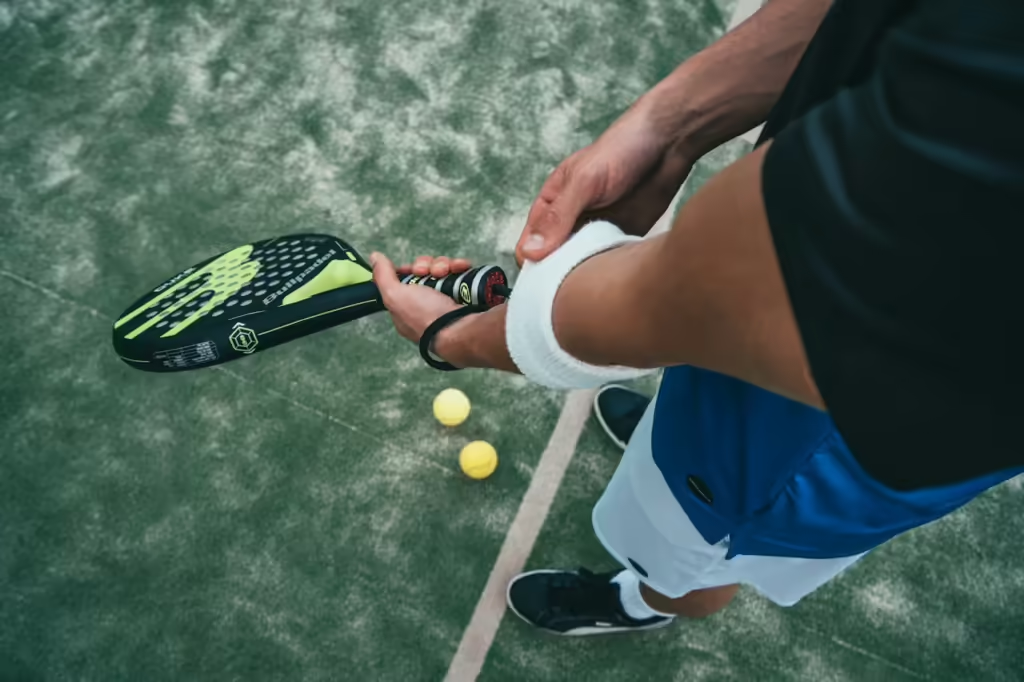
Basic Strokes
To excel in padel, mastering the basic strokes is essential. Here are two key strokes to focus on:
- Forehand: This stroke is similar to a tennis forehand. It involves hitting the ball across your body with a strong swing. Remember to:
- Backhand: You can use either a one-handed or two-handed grip. For the one-handed backhand:
Advanced Strategies
Once you’re comfortable with the basics, you can start exploring advanced techniques:
- Smash: A powerful overhead shot that can win points.
- Volley: A quick shot taken before the ball bounces, useful for keeping pressure on your opponents.
- Using the Walls: Padel courts have walls that can be used strategically to bounce the ball back into play.
Using the Walls to Your Advantage
The walls are a unique feature of padel. Here’s how to use them:
- Bounce Shots: After the ball hits the ground, it can bounce off the walls. This can confuse your opponents.
- Angle Shots: Hitting the ball at an angle can make it harder for your opponent to return.
- Defensive Play: Use the walls to regain control of the game when under pressure.
By focusing on these techniques, you’ll improve your gameplay and enjoy the sport even more!
Padel vs. Other Racquet Sports
Comparing Padel and Tennis
Padel and tennis share some similarities, but they are quite different in many ways:
- Court Size: Padel courts are smaller, about one-third the size of a tennis court.
- Gameplay: Padel is always played in doubles, while tennis can be played in singles or doubles.
- Wall Play: In padel, players can use the walls to bounce the ball back into play, which adds a unique twist to the game.
Differences from Squash
While both sports involve walls, there are key differences:
- Court Design: Padel courts are enclosed with glass and mesh, while squash courts are fully enclosed.
- Scoring System: Padel uses a scoring system similar to tennis, while squash has its own unique scoring rules.
- Player Interaction: Padel is more social, as it’s typically played in doubles, making it easier to meet new people.
Why Padel is Unique
Padel stands out among racquet sports for several reasons:
- Accessibility: It’s easy to learn, making it suitable for players of all ages and skill levels.
- Social Aspect: The doubles format encourages social interaction, making it a fun way to meet others.
- Physical Engagement: Padel offers a great workout, combining strategy and movement without the need for extreme strength.
Overall, padel is a fantastic sport that combines elements from tennis and squash, making it enjoyable and accessible for everyone. Whether you’re looking to play casually or competitively, you’ll find that padel offers a unique experience that you won’t want to miss!
Social and Competitive Aspects of Padel
Meeting New People
Padel is a fantastic way to meet new friends. Since it’s played in doubles, you need four players to start a game. This makes it easy to connect with others. Here are some ways padel helps you socialize:
- Join a local club: Many clubs have regular games where you can meet fellow players.
- Participate in tournaments: Tournaments often have a friendly atmosphere, allowing you to play with different partners.
- Play with friends: Invite friends to join you, and you can all learn together.
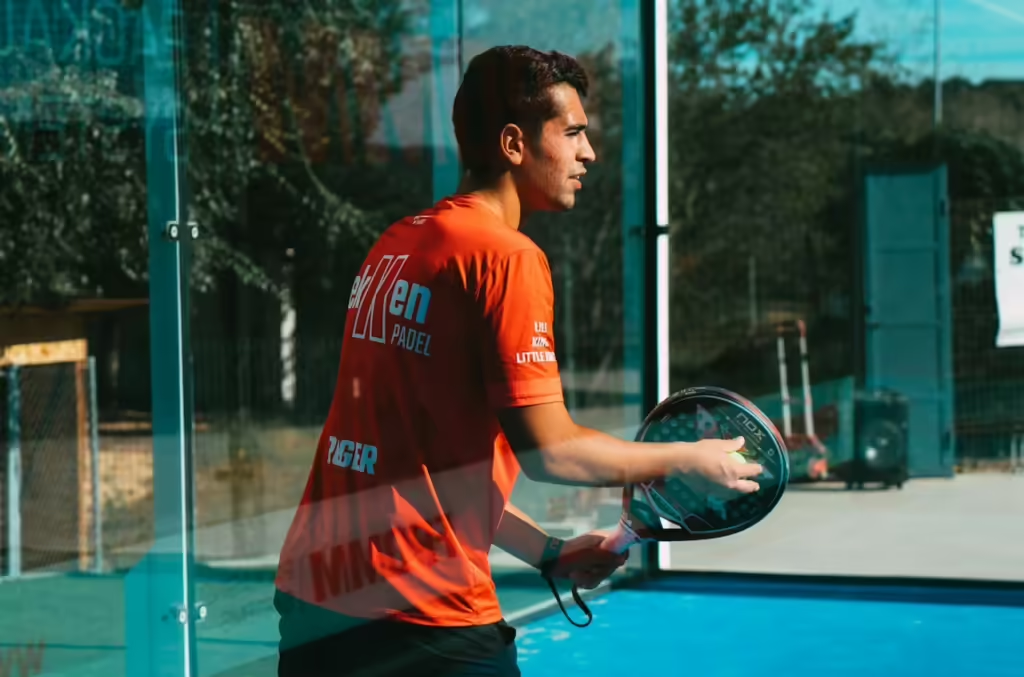
Joining Tournaments
Tournaments are not just for experts; anyone can join! They are a great way to challenge yourself and have fun. Here’s why you should consider entering:
- Friendly competition: Compete against others while enjoying the game.
- Skill improvement: Playing against different players helps you learn new techniques.
- Community spirit: Tournaments often create a sense of belonging among players.
The Fun Factor
The joy of playing padel comes from its fun and engaging nature. Here’s what makes it enjoyable:
- Easy to learn: You don’t need to be a pro to start playing.
- Variety of play: The game is fast-paced and exciting, keeping you on your toes.
- Social interaction: The sport encourages laughter and camaraderie, making every match a good time!
In summary, padel is not just about the game; it’s about the community and connections you build along the way. Whether you’re playing casually or in a tournament, you’ll find that the social aspects of padel make it a sport you’ll love!
Padel Clubs in Portugal: A Closer Look
Top Clubs to Visit
Portugal is home to several fantastic padel clubs. Here are some of the best places to play:
- Lisbon Padel Club: Known for its vibrant community and excellent facilities.
- Algarve Padel Academy: Offers stunning views and top-notch coaching.
- Porto Padel Center: A hub for both beginners and experienced players.
Membership and Fees
Joining a padel club can be a great investment in your health and social life. Here’s what to consider:
- Membership Types: Most clubs offer various membership options, including monthly and annual plans.
- Fees: Prices can vary, but expect to pay around €30-€100 per month, depending on the club and location.
- Trial Periods: Many clubs offer trial memberships, allowing you to test the waters before committing.
Facilities and Amenities
Padel clubs in Portugal often provide excellent facilities. Look for:
- Courts: Well-maintained courts with both indoor and outdoor options.
- Coaching: Professional coaching available for all skill levels.
- Social Areas: Comfortable lounges and cafes for post-game relaxation.
Padel is not just a sport; it’s a way to connect with others and enjoy a fun, active lifestyle. Whether you’re a beginner or a seasoned player, Portugal’s padel clubs offer something for everyone!
Frequently Asked Questions
What is padel?
Padel is a fun racquet sport that combines elements of tennis and squash. It’s usually played in doubles on a smaller court with walls.
Do I need special equipment to play padel?
You should have a padel racket and some balls. Many courts offer rentals, so you can try it out before buying your own gear.
How long does a padel match last?
Most matches last about 60 to 90 minutes, depending on how long you book the court.
Can anyone play padel?
Yes! Padel is easy to learn and suitable for all ages and skill levels. It’s a great way to have fun and meet new people.
Are there health benefits to playing padel?
Absolutely! Playing padel can improve your fitness, coordination, and even help relieve stress.
How can I find a local padel club?
You can search online for padel clubs in your area or ask friends if they know any nearby places to play.

